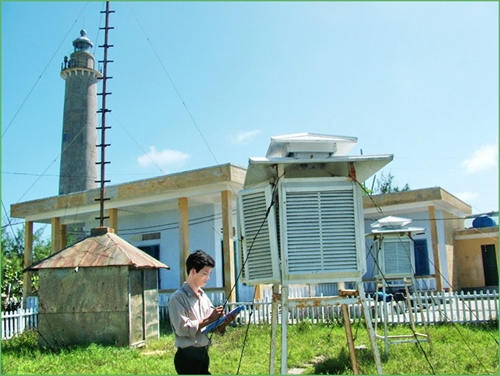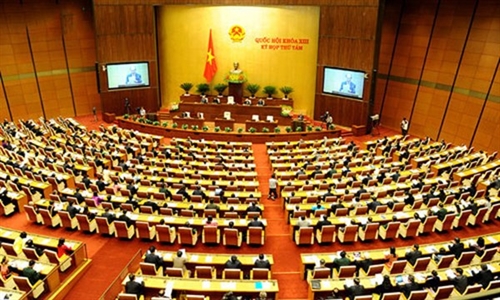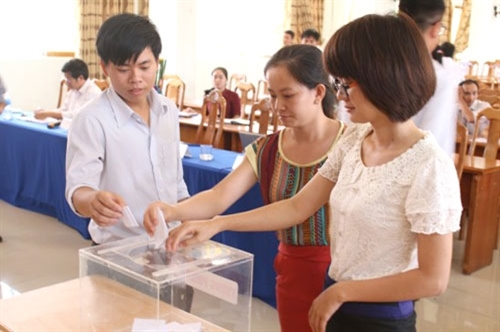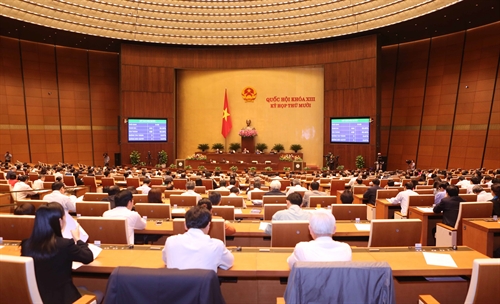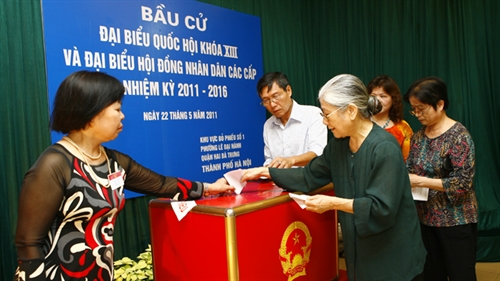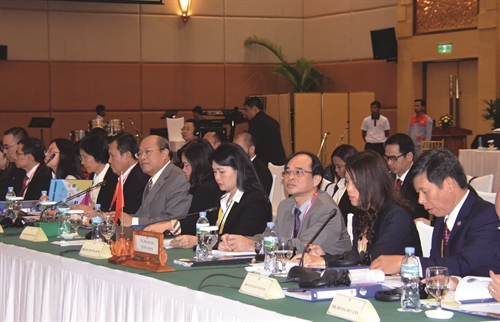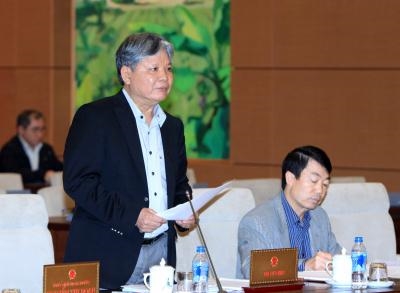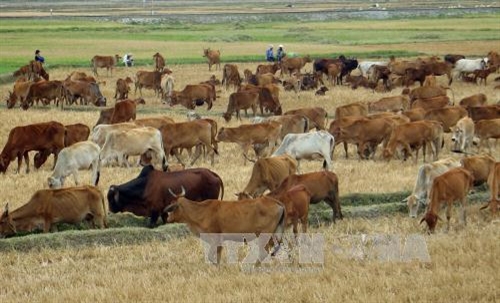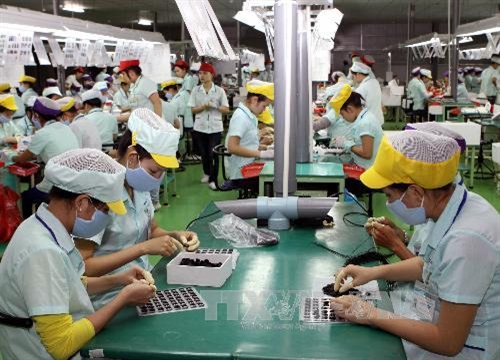Taking effect on January 1 next year, the new Law on Pharmacy (the Law) regulates state policies on pharmacy and pharmaceutical industry development, pharmacy practice and pharmaceutical business.
In comparison with the current Law, the Law adds four chapters on state policies on pharmacy and pharmaceutical industry development; pharmacy practice; clinical pharmacy; and management of drug prices.
State policies on pharmacy and pharmaceutical industry development
The Law establishes prioritized fields of development in the pharmaceutical industry, including:
i) Research and production of drug materials from medicinal material sources available in Vietnam to serve the preparation and production of medicinal material drugs and traditional drugs;
ii) Manufacture of drugs upon the expiration of patents and relevant protection titles, and of vaccines, biological products, medicinal materials, drugs from medicinal materials, traditional drugs and rare drugs; and
iii) Development of medicinal material sources and medicinal material culture and cultivation zones; conservation of gene sources and development of precious, rare and endemic medicinal material species and varieties.
Investment incentives and supports for these fields must comply with the investment law.
The Law gives priority to the use of drugs purchased with state budget funds, health insurance fund, revenues from medical examination and treatment services and other lawful revenues of public medical establishments. It also adds priority policies for generic drugs; policies on the rational, safe and effective use of drugs; and the development of clinical pharmacy and pharmacovigilance.
Under the Law, the Ministry of Health will perform the state management of drug preparation industry, development of manufacture of vaccines, biological products, drugs from medicinal materials, traditional drugs and medicinal material sources, while the Ministry of Industry and Trade will perform the state management of pharmaco-chemical industry.
Pharmacy practice certificate
To standardize pharmacy practitioners, the Law points out working positions that need a pharmacy practice certificate. In addition to persons responsible for professional pharmacy activities at pharmaceutical business establishments, the Law requires holders of two more working positions to possess a pharmacy practice certificate, namely those in charge of quality assurance at drug or drug material manufacturing establishments and those in charge of clinical pharmacy at medical examination and treatment establishments.
A person may be granted only one pharmacy practice certificate. The certificate may be granted in the form of consideration and approval for applicants or examination for persons who wish to have a certificate. Directors of provincial-level Health Departments will be competent to grant pharmacy practice certificates on the basis of consideration and approval. Meanwhile, the Ministry of Health will grant pharmacy practice certificates on the basis of examination.
It is worth noting that a pharmacy practice certificate does not have a validity duration. Compared to the current regulation, the time limit for grant of a certificate is shorter.
A foreigner or an overseas Vietnamese will be granted a pharmacy practice certificate if he or she meets the conditions prescribed in Articles 13 and 14 of the Law.
The recognition of pharmacy practice certificates among countries must comply with international agreements to which Vietnam is a party or treaties to which Vietnam is a contracting party, the Law says.
Management of drug prices
According to the principles established in Article 106, the management of drug prices must comply with the market mechanism and respect the rights of drug manufacturers and traders to pricing and price competition. The State will apply measures to stabilize drug prices and other measures to manage drug prices suitable to socio-economic development conditions in each period. The State will take measures to stabilize the prices of drugs on the list of essential drugs in accordance with the Price Law when only there are abnormal price fluctuations or price fluctuations affecting socio-economic stability.
A drug pricing mechanism is created by the Law. Specifically, price negotiations will be held in bidding for drugs or medicinal materials when only one or two manufacturers participate; in bidding for brand name specifics, rare drugs, patented drugs, drugs with unpopular content, and in other special cases.
The Law no longer requires announcement of ceiling prices of medicines which are paid with the state budget and health insurance. The comparison between the drug prices at home and those in countries which have healthcare and commercial conditions similar to Vietnam’s is not prescribed in the Law.
The Law will replace the 2005 Law.- (VLLF)

